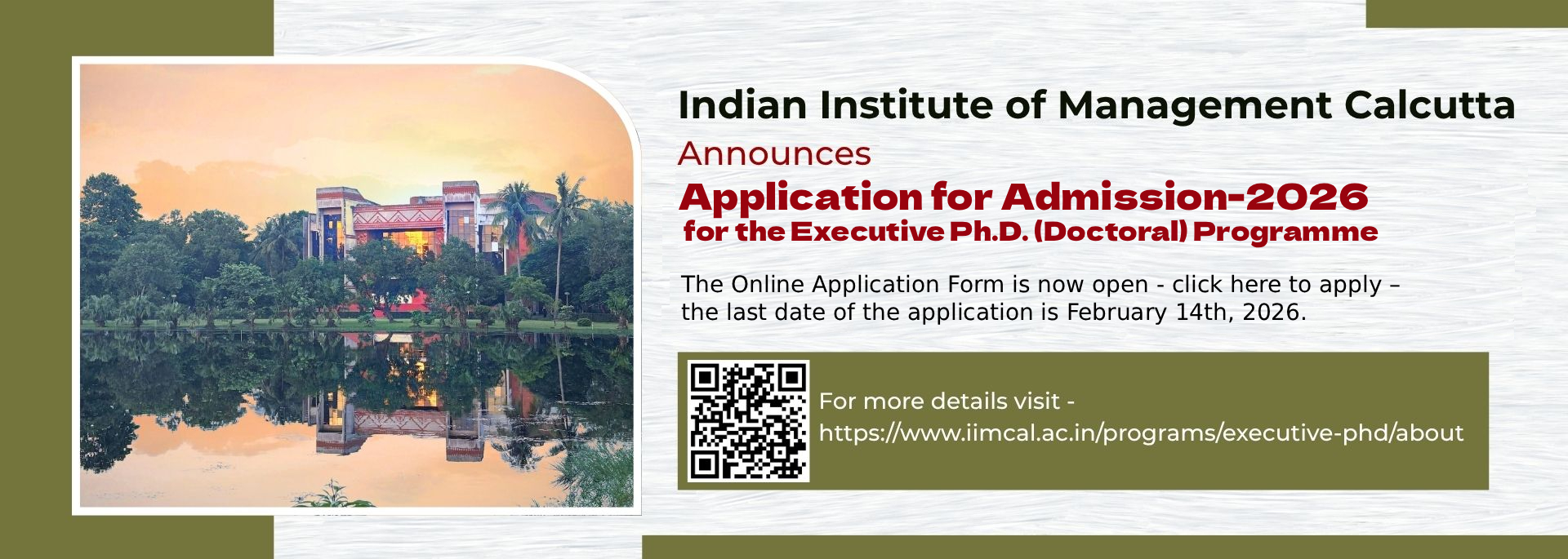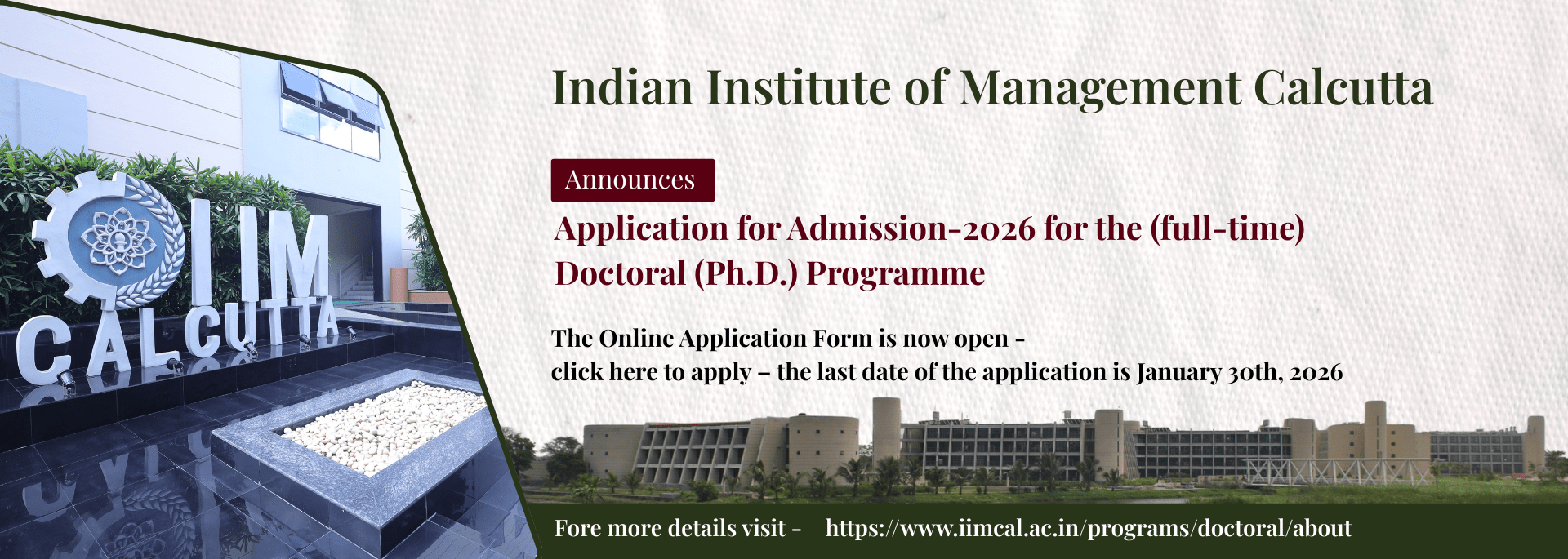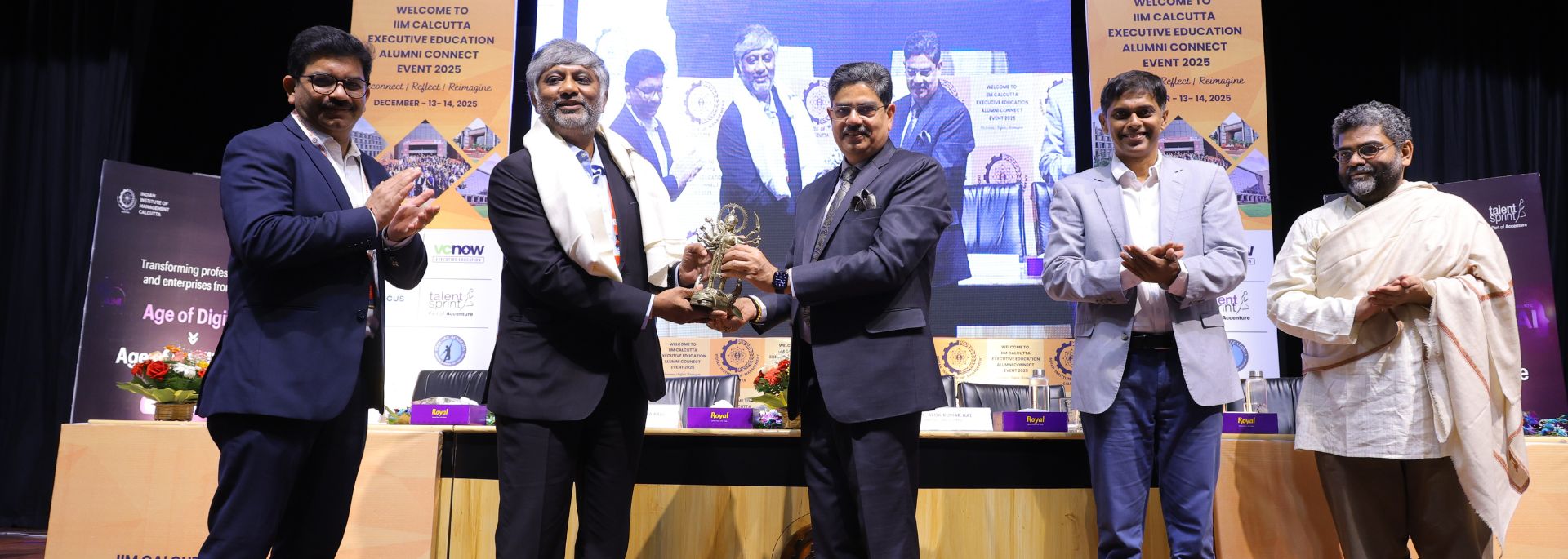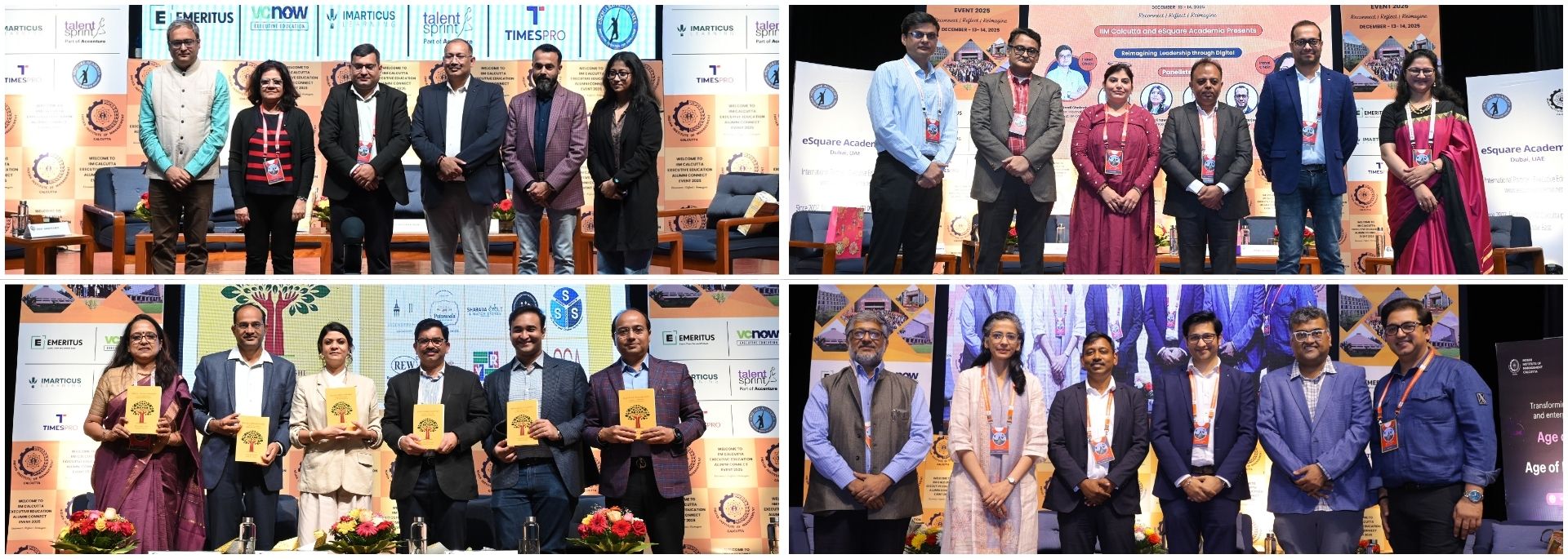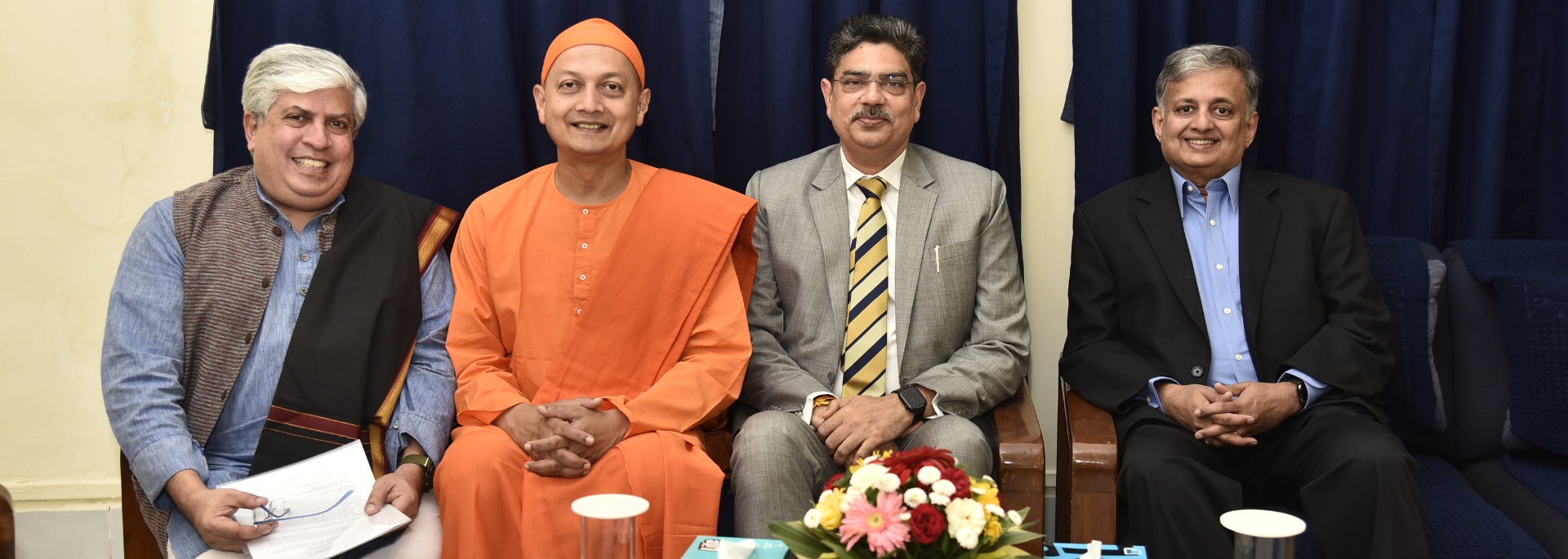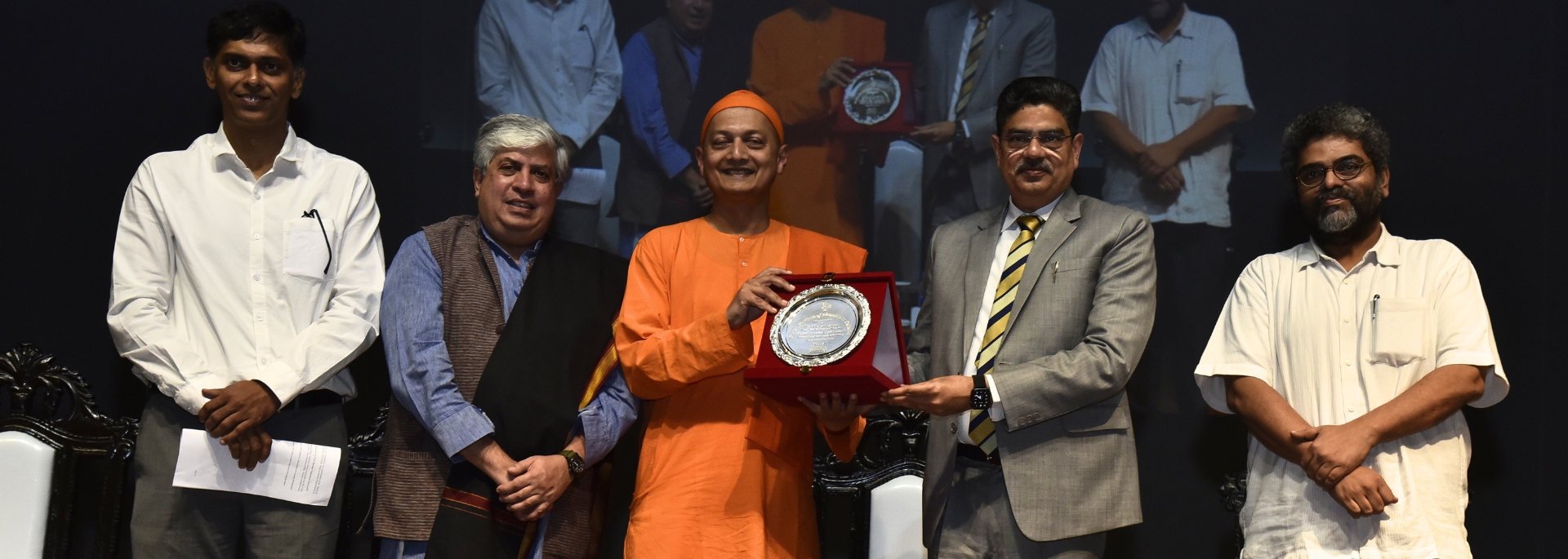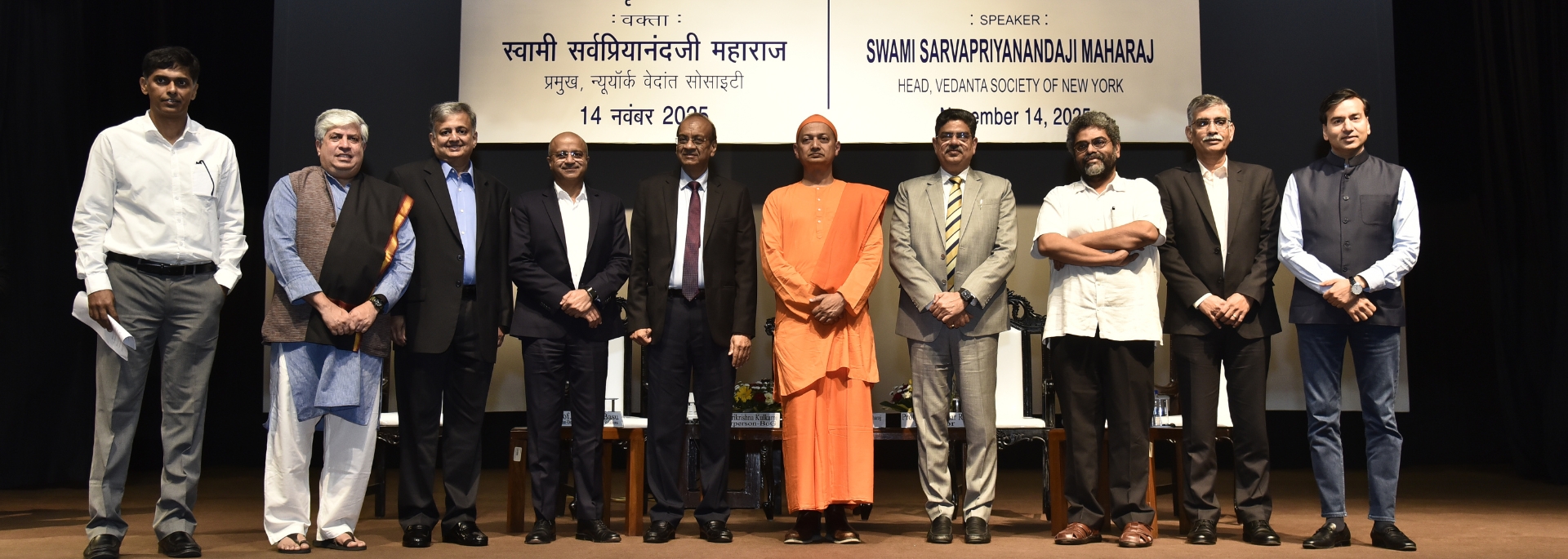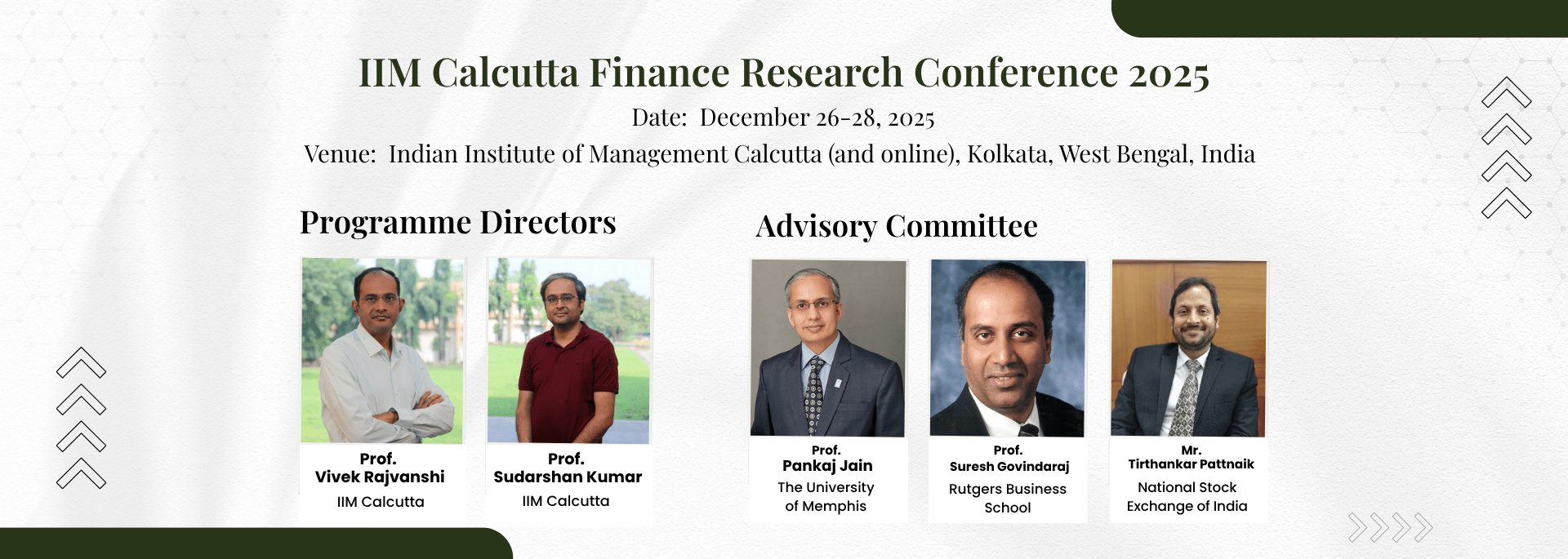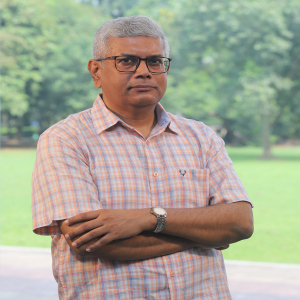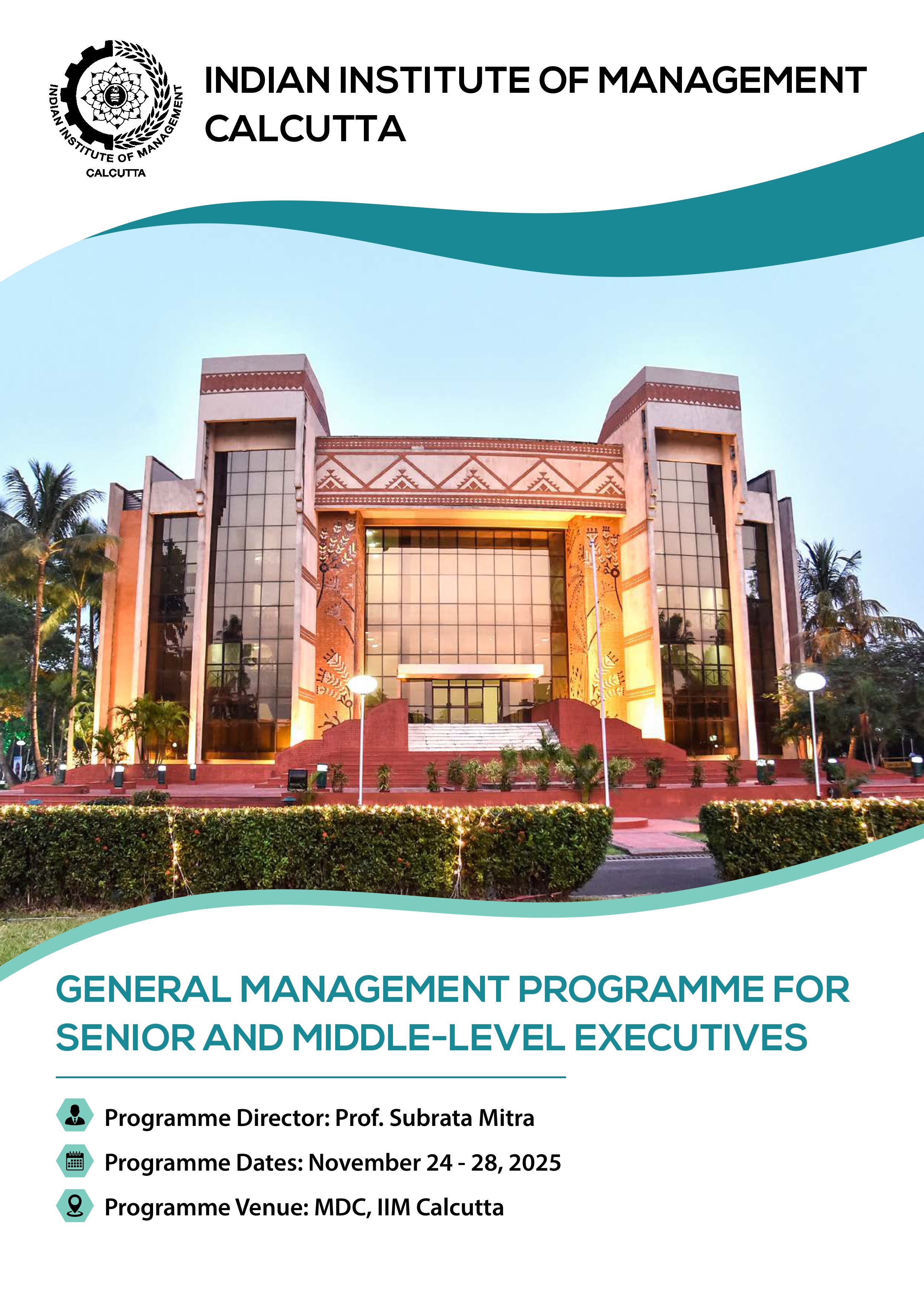Programme Overview
Globalization has changed the face of the world. Now, there is more mobility of resources across international borders due to gradually reducing trade barriers and there is a higher scope for organizations to explore opportunities abroad. Information is instantaneously, and freely, available on the Internet, and consumers are bombarded with more choices than ever before. Now, there is virtually no time lag between product launches abroad and in India. Shelf lives of products are gradually diminishing and there is a greater demand for more new varieties of products. At the same time, environmental and social sustainability has become a major issue. The onset of COVID 19, Russia-Ukraine war, Israel-Hamas conflict, unrest in the Middle-East and the rapidly changing geo-political landscape have induced a great level of uncertainty in the socio-economic conditions. Given the increased volatility, uncertainty, complexity and ambiguity (VUCA) in the internal and external environments, organizations not only have to cope with increased competition due to globalization, but also have to devise appropriate strategies and realign operations so as to cater to the ever-changing tastes of consumers, address the environmental and social sustainability issues, and cope with the uncertain and dynamic environment.
India is occupying a significant position and playing a major role in today’s world economy. It is one of the fastest growing economies in the world and already a major exporter of services. India, apart from China and other South-East Asian nations, has also turned into one of the global manufacturing hubs because of vast availability of natural resources and low-cost, skilled manpower. India has been gradually opening its doors to the world since the early 1990’s, and there has been a significant flow of foreign investments into India since then. The Government of India’s ‘make in India’ initiative and ‘zero defect, zero effect’ (manufacturing of quality products with minimal environmental impacts) policy have paved the way for the growth of responsible manufacturing, and attracted foreign investments in the manufacturing sector as global manufacturing firms, in order to reduce their dependence on China and other South-East Asian nations in view of the changing geo-political situations, prefer India as their next destination for setting up manufacturing units (e.g. Apple iPhones, automobiles, electronics, AI GPUs and semiconductor devices, in general).
Competition is getting more intense in India and business dynamics are changing very fast in response to the changes in the Indian economy brought about by economic liberalization and globalization. India today is more aligned with the world economy, and, therefore, when the financial crisis hit the world in 2008, India was also affected, albeit to a lesser extent compared to the U.S. and Europe. The same could be said for the COVID 19 years, 2020 and 2021. Although the Indian economy shrank in 2020, like other nations, it was robust enough to quickly turn around and is now in a solid growth path. In this scenario, senior executives of Indian firms have to brush up and update their knowledge from time to time on changes that are taking place not only in the external world, but also within their own firms brought about by these external changes, so that they can drive their firms in the right direction. It will no longer pay to confine one’s knowledge to a particular sector, industry or functional area. Executives of today have to keep themselves abreast of affairs beyond their immediate functional areas and industries, and of major changes in policies in the Indian and world economy, to get an overall picture of the business scenario. Keeping this in mind, this four-and-a-half-day General Management Programme has been designed for senior and middle-level executives of Indian manufacturing and service firms, who are drivers of not only their own firms, but also the Indian economy as a whole. The programme intends to update participants on various current economic, environmental, social, political, legal and functional issues, and expose them to a learning environment to help them assess the impact of their decision-making process. It is expected that the learning and discussions in the classroom will help participants make better, informed decisions in real-life, and thereby help their firms stay competitive in this globalized world.
Programme Objective
- To expose participants to the issues related to globalization and its impact on the Indian economy and business
- To help participants understand the rapidly-changing business dynamics and its impact on organizational restructuring and performance
- To make participants aware of important evolving issues and topics in different functional areas, and the economy as a whole
- To expose participants to case studies of best practices in diverse functional areas
- To facilitate learning and developing better decision-making abilities through group work in a learning environment
- To prepare participants to deal with global competition better
Key Topics
The programme intends to address, but may not be limited to, the following topics:
- Globalization and the Indian economy
- Contemporary economic issues in India
- Changing geo-political environment
- Investment decision and risk analysis
- Leadership and conflict management
- Managing self
- AI for businesses
- Sustainable development
- Contract management
- Supply chain management
- Human resource management
- Strategic brand management
- Digital and social media marketing
Participants will be provided with selected reading materials.
Programme Directors
Who May Attend
The target participants for this programme are senior and middle-level executives of manufacturing and service firms. Selfemployed persons, central and state government employees and persons working in NGOs and charitable institutions are also welcome to participate in the programme.
Programme Duration and Delivery
- From the morning of November 24, 2025 till the afternoon of November 28, 2025
- Face to face - classroom based
Pedagogy
Classroom lectures, case discussions, interactions and participation in discussions
How to Apply
- You can apply/nominate your personnel by clicking on the “Apply Now” link corresponding to the particular MDP, as appearing on our online calendar available at: https://iimcal.ac.in/mdp/mdp-calendar
- Once the candidature(s) is (are) approved, the sponsoring authority or participant (in case of self-nomination) will be intimated over email along with a Proforma Invoice seeking programme fees in advance.
- Programme fees can be remitted online through Electronic Fund Transfer (NEFT/RTGS).
- Upon remitting the fees online, kindly intimate Executive Education Office with the UTRNo. /relevant transaction details through email, so that we can connect your remittance to your nomination(s). Please note that confirmation of participation is subject to receipt of Programme fees by CMDP Office before commencement of the MDP.
For further assistance, please connect with:
Name: Ms. Payel Majumder
Number: +91 33 7121 6012
Email ID: program_mdp[at]iimcal[dot]ac[dot]in
Apply Now
To apply please click on Apply Now
For further queries, please write to program_mdp[at]iimcal[dot]ac[dot]in


